Commercial Energy Storage: Optimizing Business Energy Efficiency
2023-12-08
What You Need to Know About Commercial Energy Storage?
Commercial energy storage refers to the technology and systems designed to store energy for later use in commercial and industrial applications. The primary goal is to optimize energy usage, improve grid reliability, and support the integration of renewable energy sources. These systems store excess energy during periods of low demand and release it when demand is high or during power outages. This article talks about commercial energy storage from 2 aspects, which are differences between industrial and commercial energy storage and application of commercial solar energy storage.
Differences Between Industrial and Commercial Energy Storage
Industrial and commercial energy storage share similarities, but they also have distinct characteristics based on their specific applications and requirements. Here are some key differences between industrial and commercial energy storage:
Scale and Capacity:
Use Cases:
Industrial: Industrial energy storage systems are frequently used for applications requiring substantial power output and longer-duration storage, such as peak shaving, load balancing, and providing backup power for critical industrial processes.
Commercial: Commercial energy storage is commonly employed for applications like load shifting to reduce electricity costs, supporting renewable energy integration, and providing backup power supply to ensure business continuity during power outages.
Integration with Renewables:
Industrial: Industrial energy storage systems may play a crucial role in supporting the integration of renewable energy sources into large-scale industrial operations.
Commercial: Commercial energy storage often focuses on complementing and maximizing the benefits of on-site solar or wind installations, helping businesses reduce their reliance on grid power and enhance sustainability.
Regulatory Considerations:
Industrial: Industrial energy storage projects may face unique regulatory challenges, particularly when integrated into large-scale industrial facilities. Compliance with industry-specific regulations and standards is essential.
Commercial: Commercial energy storage projects are subject to commercial and utility regulations, with considerations for tariff structures, demand charges, and incentives that can influence the economic viability of the system.
While both industrial and commercial energy storage share the goal of optimizing energy use and improving reliability, their scale, applications, and regulatory considerations can differ based on the specific needs of industrial processes versus commercial enterprises.
Applications of Commercial Solar Energy Storage
Commercial solar energy storage has diverse applications for businesses:
Peak Demand Management:
Store excess solar energy to reduce reliance on the grid during peak demand, minimizing charges.
Load Shifting:
Optimize energy costs by using stored solar energy during high grid electricity prices.
Grid Independence:
Enhance energy resilience by relying less on the grid during peak times or outages.
Renewable Integration:
Stabilize power supply by using stored energy during low solar generation periods.
Backup Power:
Ensure uninterrupted operations during grid outages with stored solar energy.
Demand Response Participation:
Contribute to grid stability and earn incentives through flexible energy consumption.
EV Charging Stations:
Support electric vehicle infrastructure with stored solar energy.
Microgrid Integration:
Develop resilient microgrids for localized power generation and storage.
Incorporating the latest advancements in battery technology and smart grid integration, these systems not only offer environmental benefits but also provide substantial economic advantages. A brief analysis of costs, potential savings, and ROI can help businesses make informed decisions.
Enhancing Your Business with Energy Storage Solution
Commercial energy storage is not just a technological advancement; it's a strategic tool for businesses to optimize efficiency and contribute to a greener future. To learn more about how these systems can benefit your business, contact us or explore more about our Commercial & Industrial Energy Storage Solution



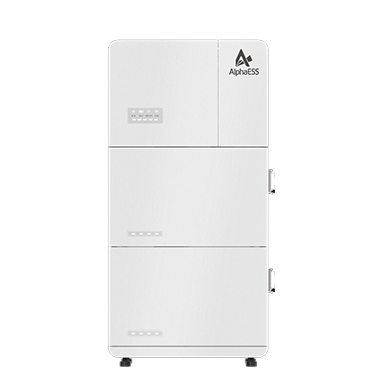
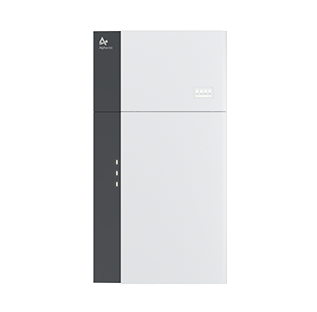
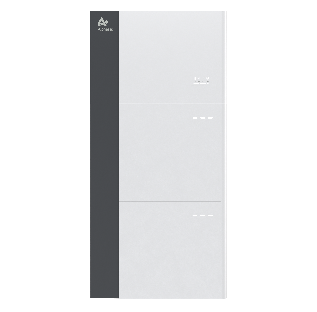
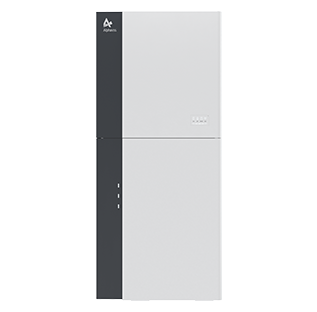
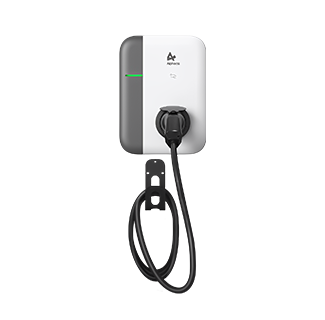
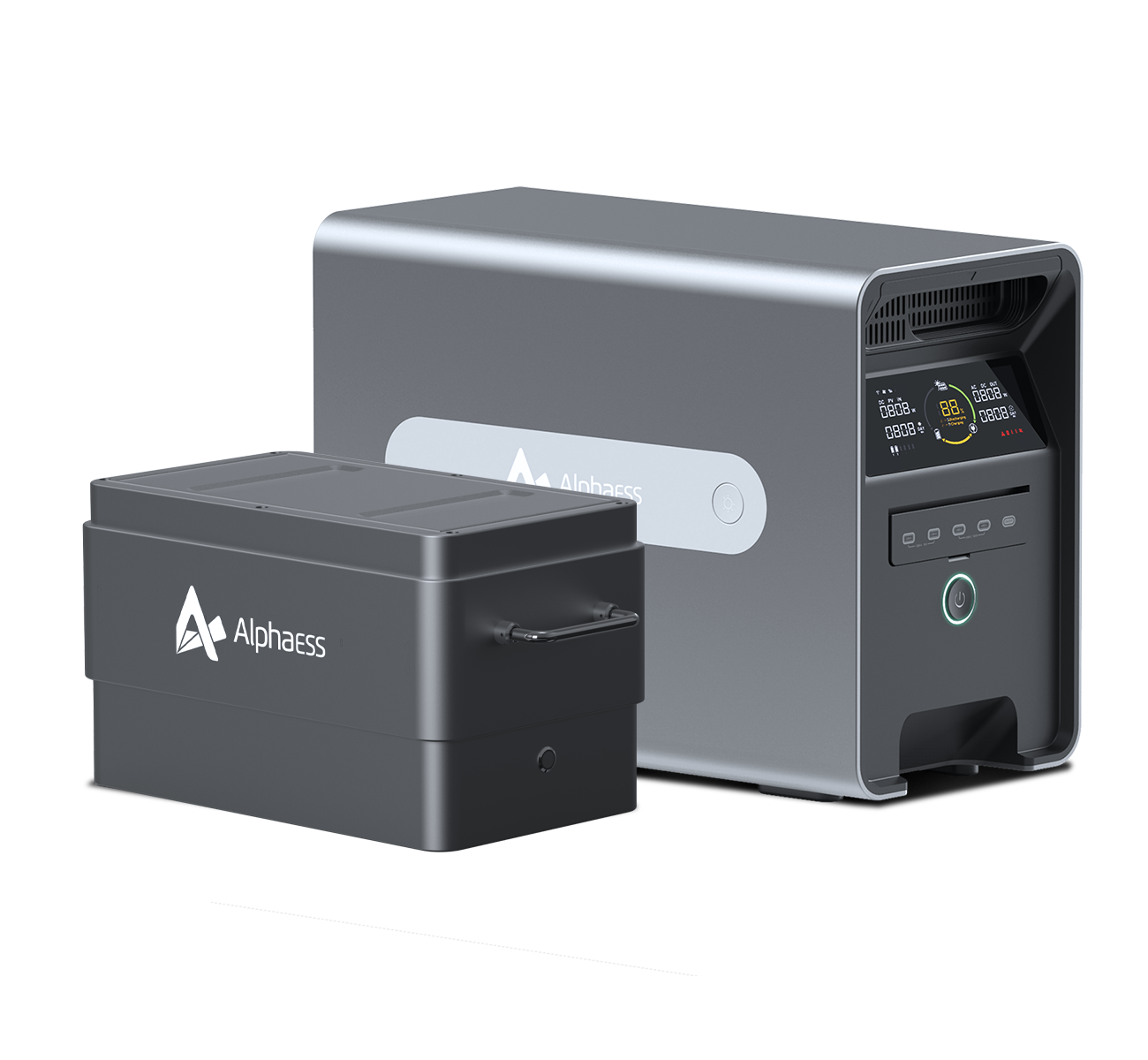
.png)
(3).png)
(2).png)
.png)
(545x562xiangsu)(2).png)

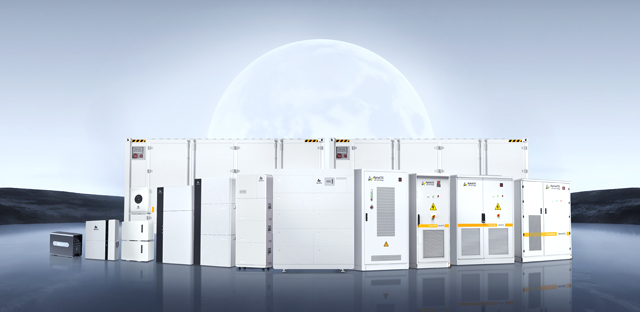

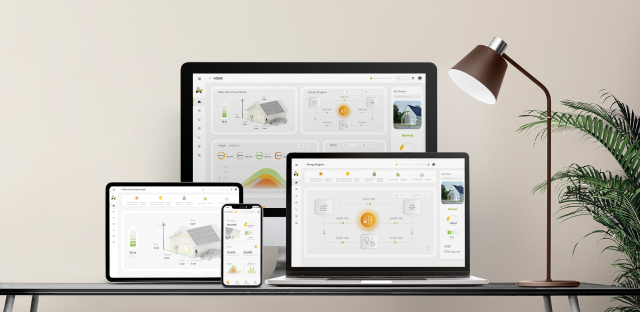
.svg)





















